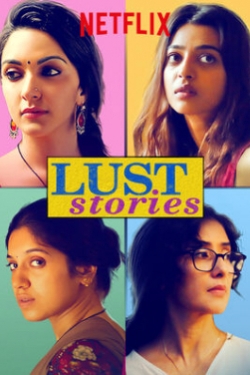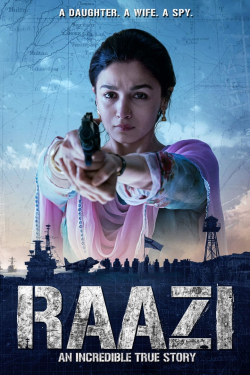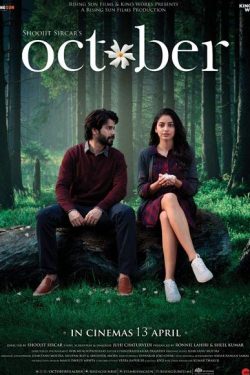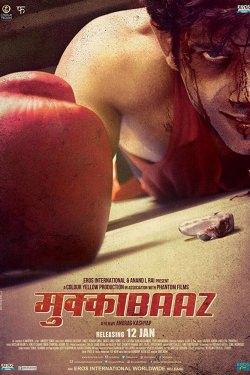Mayank Shekhar
Top Rated Films
Mayank Shekhar's Film Reviews
-
This already tells you Lipstick Under My Burkha, timed to perfection, mirroring the world we live in, is narrating a story about a subaltern, small-town Indian society at the edge of a revolution. Look carefully at young Rihana. She will lead a movement, if not for herself, then for her kids, for sure. Look carefully at this film. It will move you as well.
-
Maybe I was this film’s target audience once (at least I’ve something to recommend to my little niece). And maybe age has nothing to do with the audience anyway. Either case, this is certainly something you haven’t checked out on the Indian screen before (so what if that’s not always a compliment).
-
…while most thrillers tend to overstay their welcome beyond 90-minutes’ screen time, this one doesn’t feel almost two-and-half hours long. If anything, far too much is going on here. You might question a lot. But so much of it works.
-
With great power come great possibilities. From the audience’s perspective, this feels more like going back to old school. Which is genuinely heartening to know. That is, before the blast-fest begins, I’m sure!
-
…this is a film rather subdued on drama, hysteria, and action, although it remains coherent, entertaining, and sincere throughout. More importantly it does not preach to the choir.
-
Most of it works. Some of it doesn’t. While being crowd-friendly, the film lapses into simplicities, such as that of seeing only virtue in the poor, while the rich usually comprise pretentious a-holes.
-
One just begins to feel indifferent towards it beyond a point. Which isn’t a good thing, I know. But then, if “it is what it is” kinda casual indifference follows plain dejection, and natural helplessness, then so be it.
I liked this film’s end though. You might too. If you can remain fresh and alert enough until then, that is. -
What Baahubali does is show the future of Indian big-screen cinema, if it has to survive the onslaught of Hollywood, or move beyond Rajini, Khans, Kapoor, and Kumar, to begin with. The manager in my theatre says he plans to start Saturday shows, 6.30 am onwards. I can’t think of a better way to start your day. The excitement is totally worth it.
-
Noor’s life that way is meant to mirror the urbane, liberal, progressive, metropolitan upper middle-class. As for her work, as I said, there are several colleagues in my newsroom who have stories like hers, if not better, and might actually want to make this film. This sense of recognition can be rankling. Throughout, you can’t help but wonder how much better this movie could’ve been. But then, like journalism, this film should be seen for what it is. And hey it isn’t bad at all.
-
Srijit Mukherji’s Bangla period film ‘Rajkahini’ (2015), that this one is the exact replica of, was slightly refreshing, mainly because it was set during 1947 Partition, yes, but on the eastern front, where East Pakistan was being separated from West Bengal, Assam. Normally, Partition narratives get placed in the North, mainly Punjab. As is this adaptation, by the way. Except you don’t hear as much Punjabi here.

























